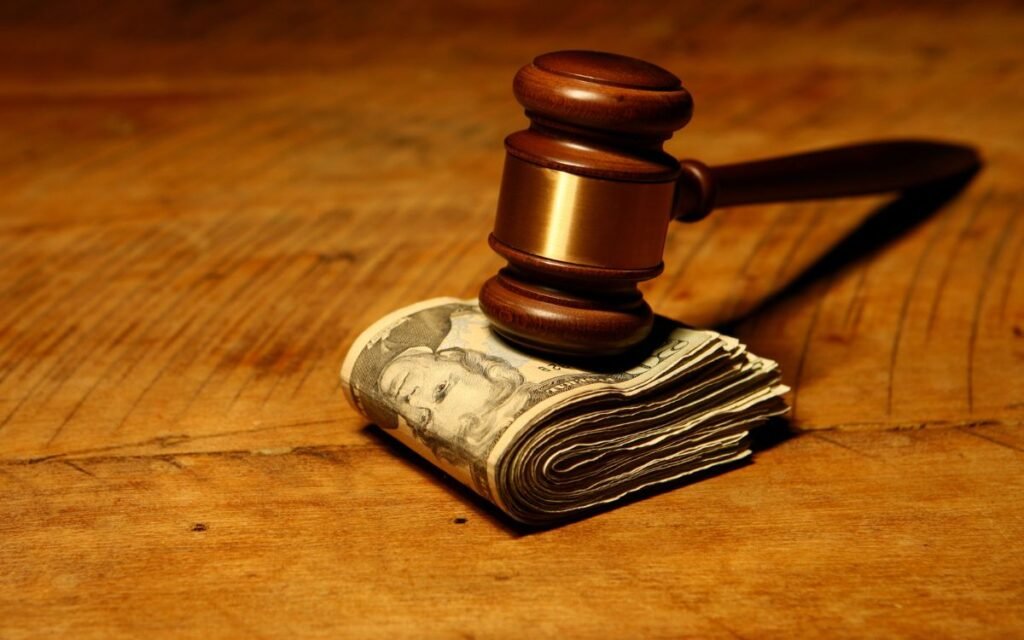Five pharmaceutical companies, including the prominent global firm Boehringer Ingelheim, find themselves in the midst of a regulatory storm, facing allegations of orchestrating a “cartel” to establish dominance in the European market for a specific drug ingredient. The European Commission (EC) has imposed substantial fines totaling €13.4 million ($14.2 million) on Alkaloids of Australia, Alkaloids Corporation, Boehringer, Linnea, and Transo-Pharm to resolve the claims that they engaged in price-fixing and market allocation practices concerning the pharmaceutical component N-Butylbromide Scopolamine/Hyoscine (SNBB). This ingredient is instrumental in the production of the well-known abdominal antispasmodic drug, Buscopan, and its generic versions.
Boehringer faces the most substantial penalty, agreeing to pay €10.4 million to settle with the EC. In response, a Boehringer spokesperson has stated the company’s acceptance of the settlement decision while reaffirming its dedication to fair competition, integrity, and compliance. The spokesperson emphasized the company’s unwavering commitment to ethical business practices and its zero-tolerance policy towards illicit activities.
C2 Pharma, a company known for its strong stance on human rights, labor, environmental responsibility, and anti-corruption efforts, has been exempt from any fines. C2 Pharma’s role as a whistleblower, alerting the EC to the cartel’s activities, has contributed to its favorable status.
Also Read: Pluvicto Improves Survival In Earlier Prostate Cancer, But Faces Regulatory Hurdles (ESMO 2023)
All six companies implicated in the case have acknowledged their participation in the cartel and opted to settle with the European Commission. The charges against them revolve around allegations of conspiring to set a minimum sales price for SNBB, dividing sales quotas, and exchanging sensitive commercial information. The cartel’s activities span a period from late 2005 to September 17, 2019.
It is noteworthy that Boehringer withdrew from the cartel’s activities at the end of 2014, while whistleblower C2 Pharma discontinued its involvement in February 2016. The EC’s action marks the first instance in which a pharmaceutical cartel has been penalized for misconduct related to an active pharmaceutical ingredient (API). To bring these charges to light, the EC collaborated with Swiss and Australian competition authorities.
A seventh company, Alchem, is currently under investigation and has chosen not to settle. Proceedings against Alchem will continue alongside the EC’s broader cartel investigation.





























